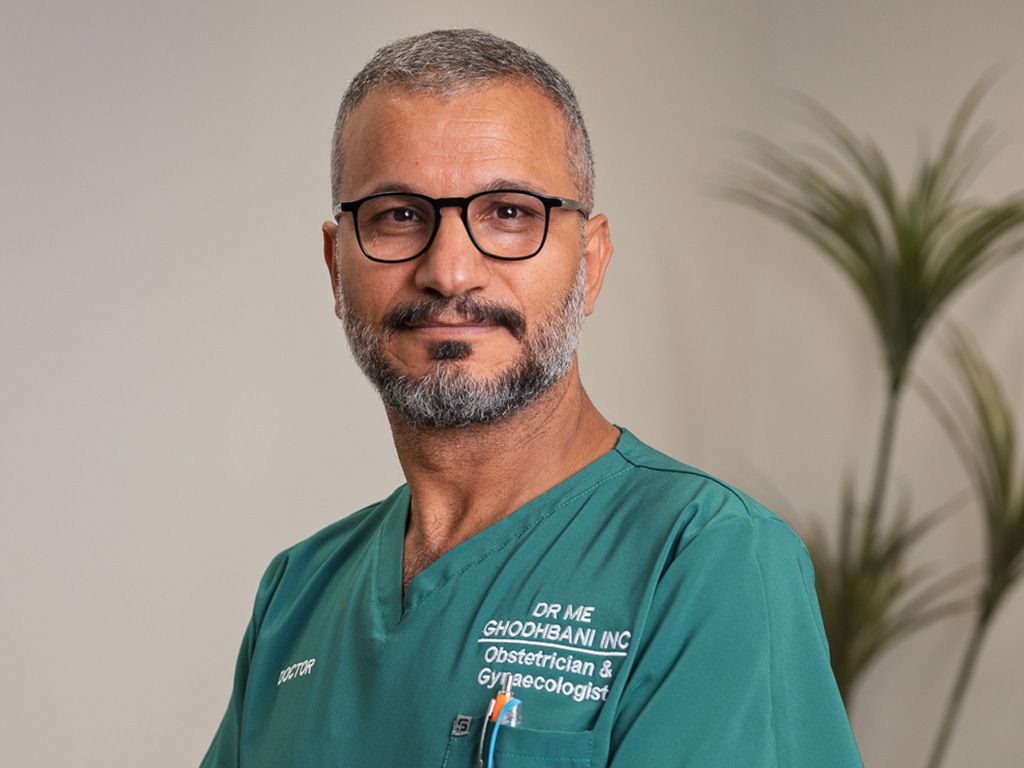Be informed about breast cancer – it could save your life
Person centred multidisciplinary breast centre at Netcare Parklands Hospital
Breast cancer does not only affect women, men can face it too, meaning this is a health concern everyone needs to understand. Spotting the early signs can save lives, and today’s advanced diagnostics, combined with cutting-edge treatments, offer hope like never before. This is a fight we all need to understand, because knowing what to look for could make a significant difference.
“The sobering fact is that, depending on the population group, breast cancer is the top or second leading type of malignancy detected among South African women according to the 2023 National Cancer Registry,” says Dr Sanjeev Hariparsad, a breast surgeon practising at Netcare Parklands Hospital’s Breast Clinic, who gained international perspective as an Honorary Fellow of the Breast Unit at Cambridge University and in a Breast Unit in Hong Kong, before returning to KwaZulu-Natal.

Dr Sanjeev Hariparsad, Specialist Surgeon and Breast Surgeon
Cancer is an uncontrolled growth of cells that start multiplying in a disordered manner. Cancers in the breast ducts and lobules are called carcinomas, while breast cancers of the supporting tissue are referred to as sarcomas.
“The most common symptom people notice first is a painless lump. We need more public awareness to break the misconception that pain is the main symptom of breast cancer when, in fact, pain is a very late symptom that may only present once the cancer is significantly more advanced,” he says.
Other signs that should be investigated include any changes to the shape of the breast, skin changes or bloody nipple discharge. “It is essential to check your breasts, armpit and chest area regularly and address symptoms or swelling as soon as they are noticed by visiting a doctor with experience in breast disease. In general, the earlier breast cancer is diagnosed – before it has had a chance to spread, the less complicated it is to treat.
“Anyone can get breast cancer, even men, although it is more common in women. If left untreated, breast cancer will usually spread through the body to sites such as the lymph glands, lungs, bones and liver. These can result in bone pain, difficulty breathing, and many other complications that become more complex to treat. This is why self-examination and screening, including mammograms and ultrasound, are crucial.”
Self-examination simple steps
All women should perform self-breast examination from the age of 20 years onwards, at the same time each month when the breasts are least sensitive.
“In the shower, standing in front of a mirror, feel your breast with the palm of your opposite hand, and make sure to include the breast in the armpit. Examine one breast at a time and look out for any lumps or changes in the appearance of the breast, skin or nipples. Repeat this lying down,” Dr Hariparsad explains.
If you find something concerning, visit a doctor or clinic with experience in working with breast disease.
Newer treatments are increasing the options for breast cancer care at Netcare Parklands Hospital, adds radiation oncologist Dr Lucille Heslop.
“While chemotherapy and radiotherapy to the chest are effective for treating cancer, these can cause cardiovascular side effects. Deep Inspiration Breath-Hold (DIBH) radiotherapy aims to reduce exposure leading to cardiac toxicity for patients with left breast cancer who have already been exposed to cardiotoxic chemotherapy and targeted antibody therapy, such as Herceptin.”
DIBH is now a firmly established technique, which helps to more clearly define the coronary vessels and heart, allowing more precise planning to deliver the radiation dose safely where needed and offering protection to the heart and lungs. The method requires patients to breathe in deeply and hold their breath for a few seconds, guided by the radiotherapists.
“Before treatment, an MRI or CT scan is performed to identify the area the radiation beam should be focused on and the position of the heart, chest wall and other critical structures nearby that we need to avoid radiation exposure.
“When positioned on the treatment bed, the patient breathes in, causing the lungs to expand. As the chest rises, the heart drops into a lower position in the chest cavity, away from the targeted burst of radiation, while the patient holds their breath for 15 to 20 seconds. The person usually needs to be repositioned several times, but the treatment itself is delivered in these very short bursts,” Dr Heslop says.
“In the past, we saw mainly older people being diagnosed with breast cancer, but nowadays, it is a wide spectrum of age groups. Breast cancer is very treatable these days, and with the more advanced techniques available, such as DIBH radiotherapy, we can treat effectively while limiting the side effects of treatment,” Dr Heslop says.
To book doctors and specialists’ appointments conveniently according to your location and preferences at any Netcare Hospital or Netcare Medicross facility nationwide, call Appointmed on 0860 5555 65 during office hours or visit https://www.netcare.co.za/netcare-appointmed.













